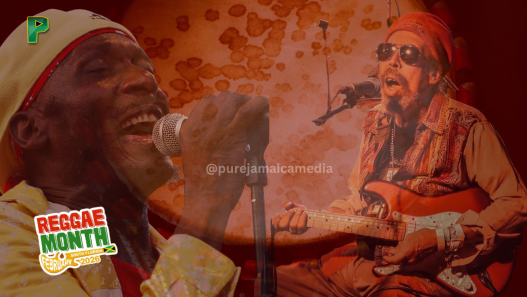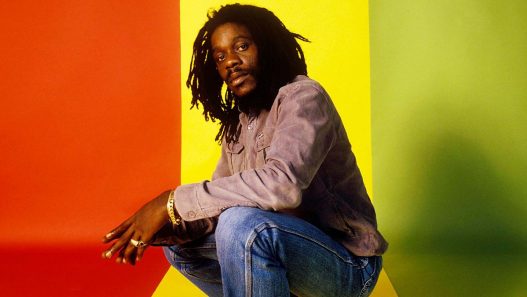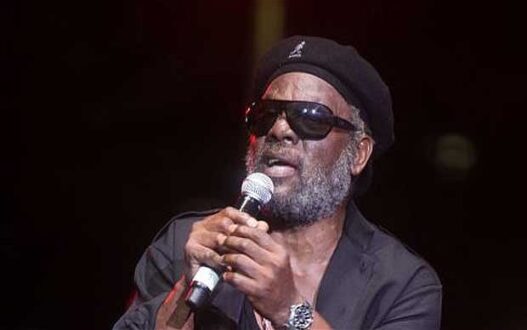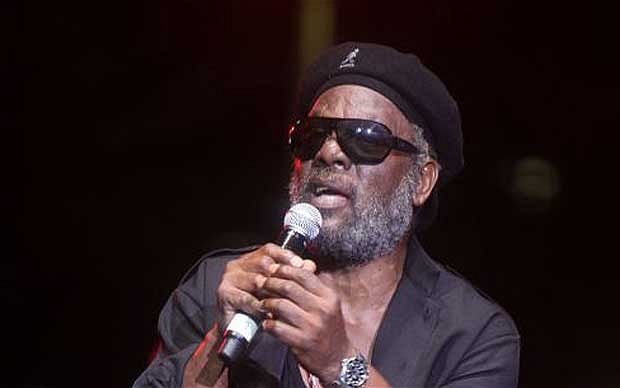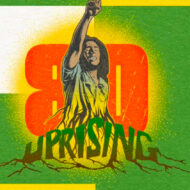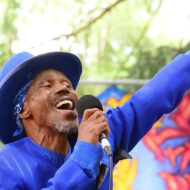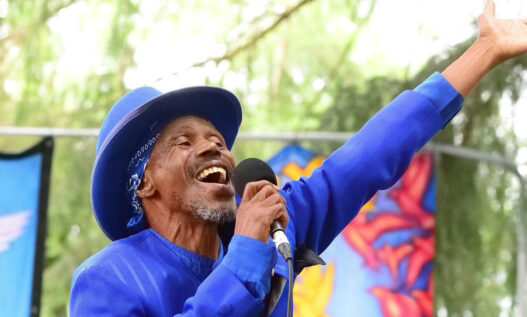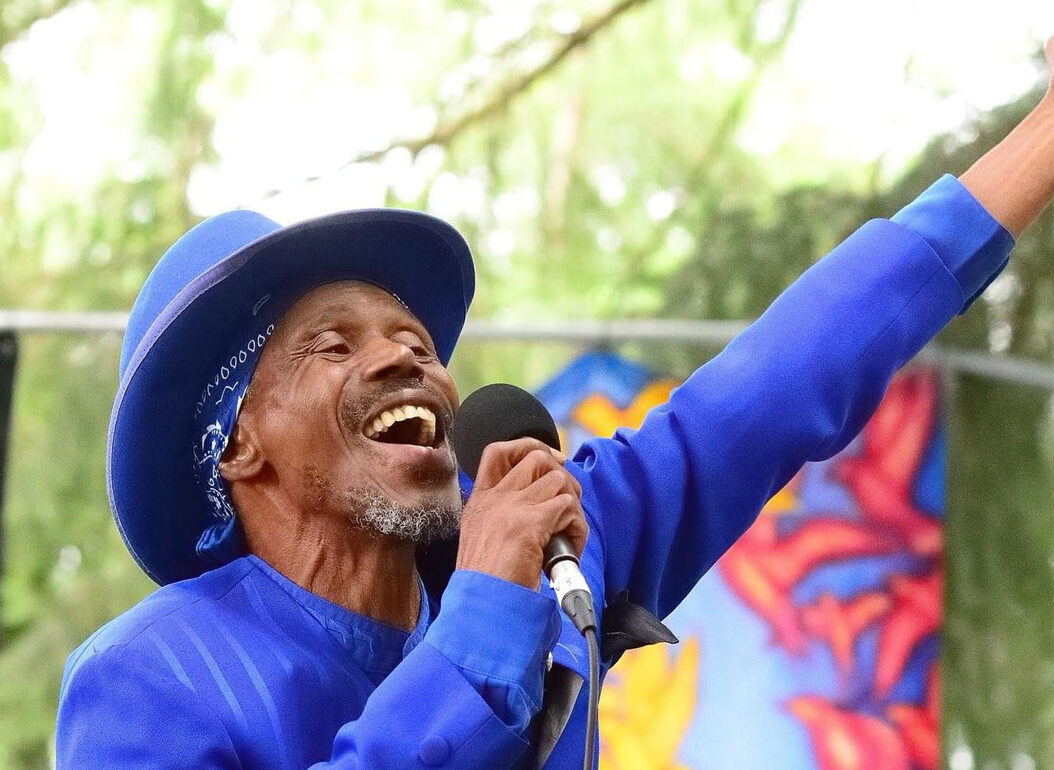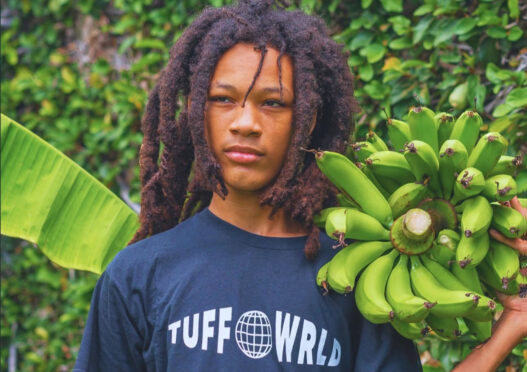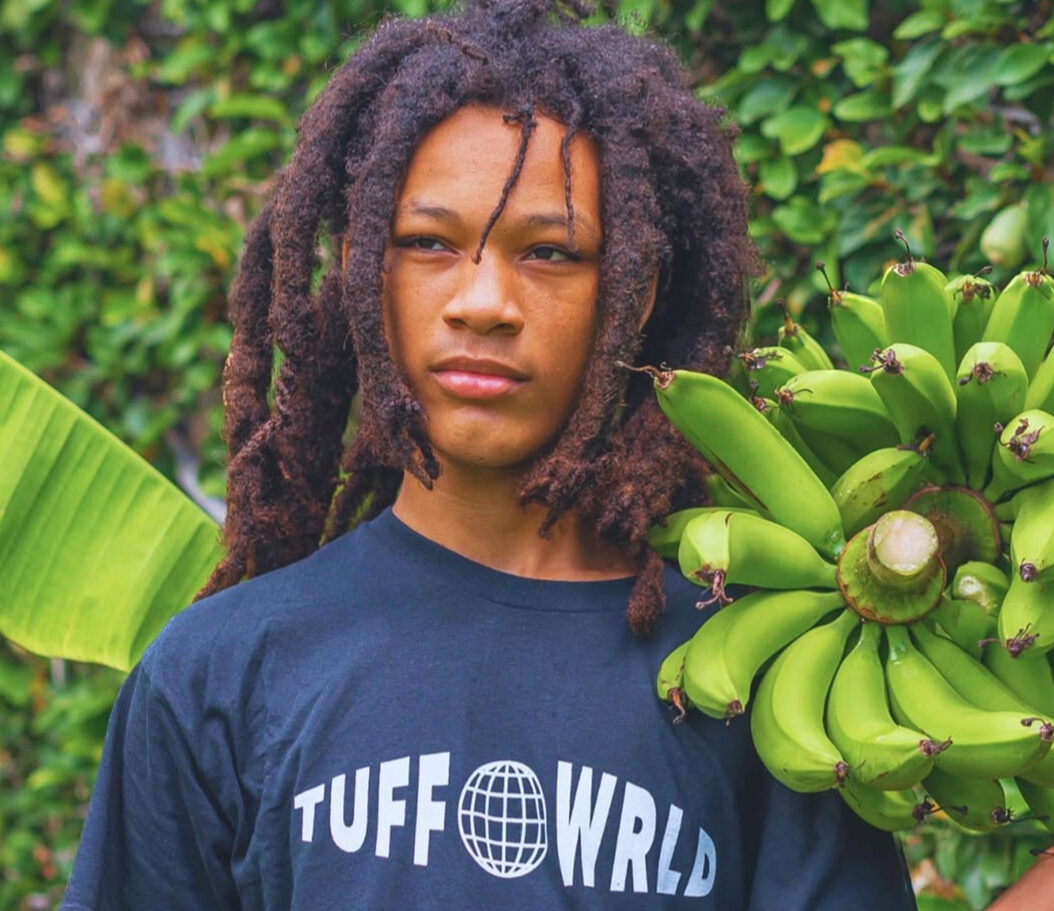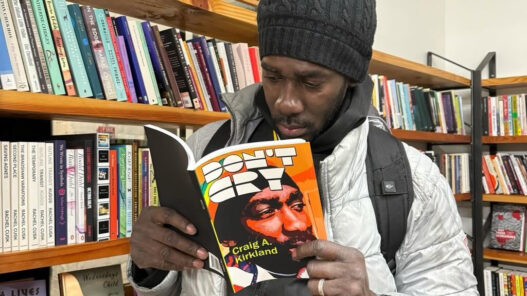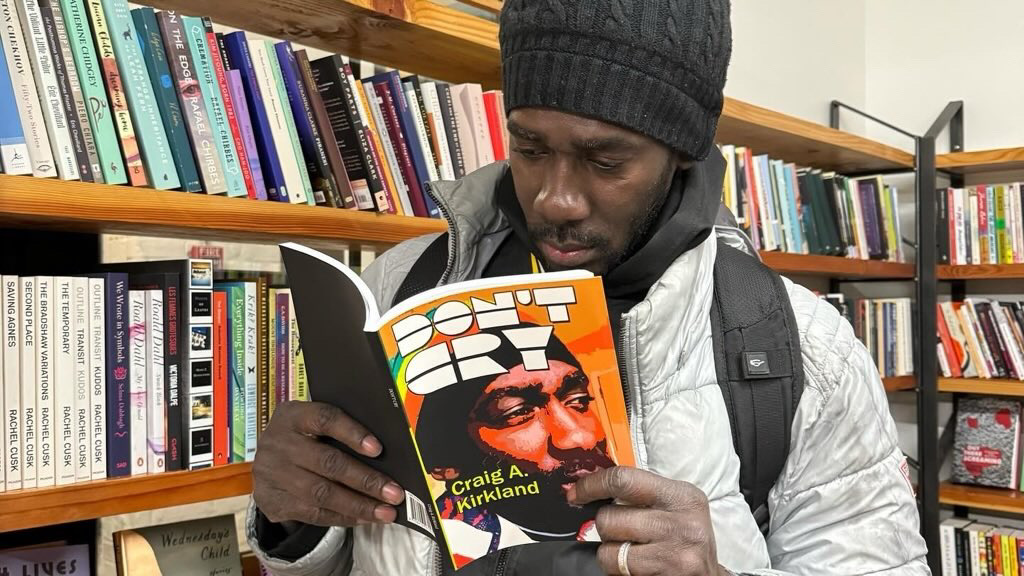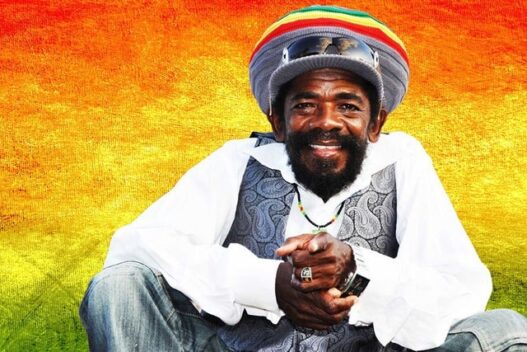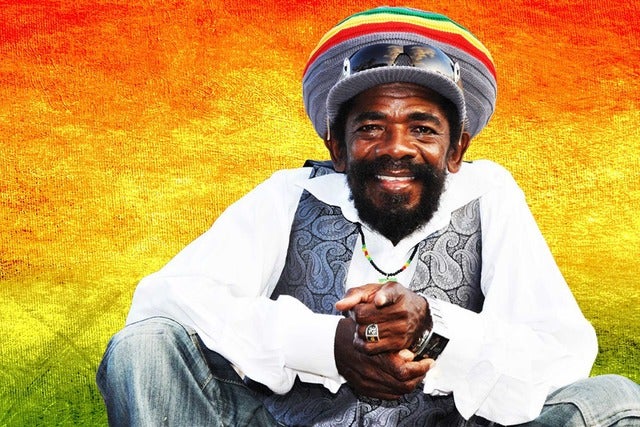William Alexander Anthony “Bunny Rugs” Clarke was not just a name in the reggae music scene; he was a vibrant force that shaped its evolution. Born on February 6, 1948, in Mandeville, Jamaica, Clarke’s journey through music began in the mid-1960s and left an indelible mark until his passing on February 2, 2014. Known for his role as the lead singer of the renowned Jamaican reggae band Third World, Bunny Rugs also had a notable career as a solo artist.

Early Life and Musical Beginnings
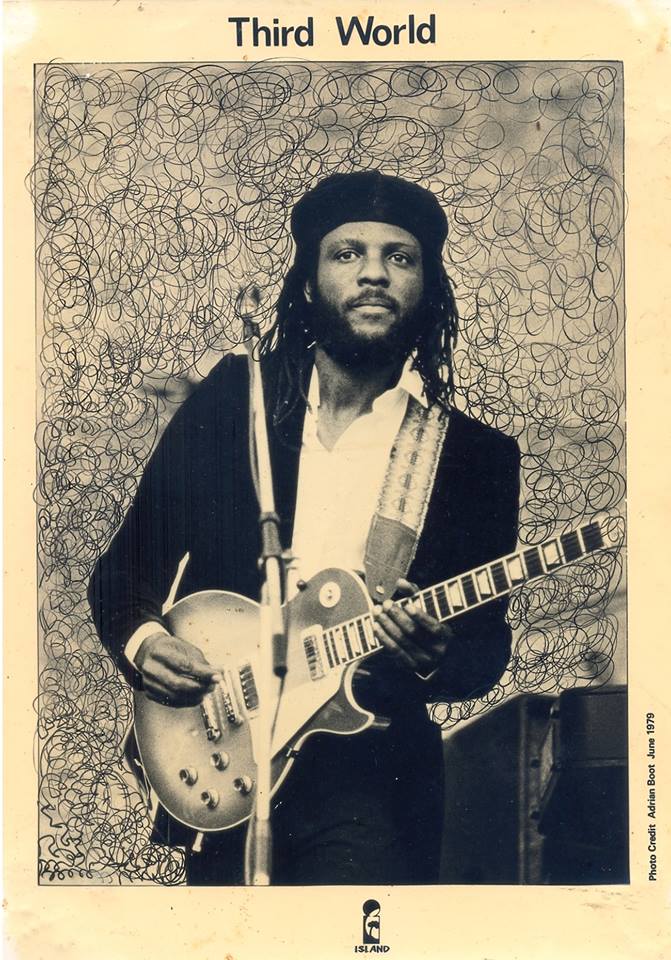
Clarke grew up in Kingston, in a household influenced by his father’s role as an Anglican preacher. This environment nurtured his artistic spirit, leading him to join Charlie Hackett and the Souvenirs, the house band at the Kittymat Club. His musical journey took a significant turn in 1969 when he became a founding member of Inner Circle, gaining recognition in the reggae scene.

After moving to New York City in 1971, Clarke expanded his musical repertoire by joining various bands, including Hugh Hendricks and the Buccaneers, and later, the Bluegrass Experience. However, he returned to Jamaica in 1974, where his collaboration with iconic producer Lee “Scratch” Perry at the Black Ark Studio marked a turning point in his career.
Rise to Fame with Third World
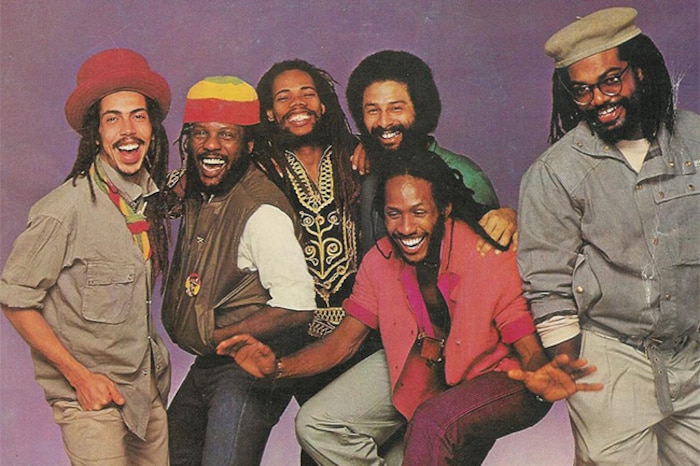
In 1976, Clarke took over as the lead vocalist for Third World, succeeding Milton “Prilly” Hamilton. The band’s distinctive fusion of reggae, rock, and R&B led to the release of their critically acclaimed album, “96° in the Shade.” Under Clarke’s leadership, Third World became a household name, producing numerous hits that resonated with fans worldwide.

Clarke’s contributions were not limited to his band. He also recorded as a solo artist, with his 1995 album “Talking to You” showcasing his versatility and passion for reggae music. His planned 2008 album, “Thinking Bout You,” was set to coincide with Bob Marley Day celebrations, further highlighting his commitment to reggae culture.
Advocacy and Charitable Endeavors
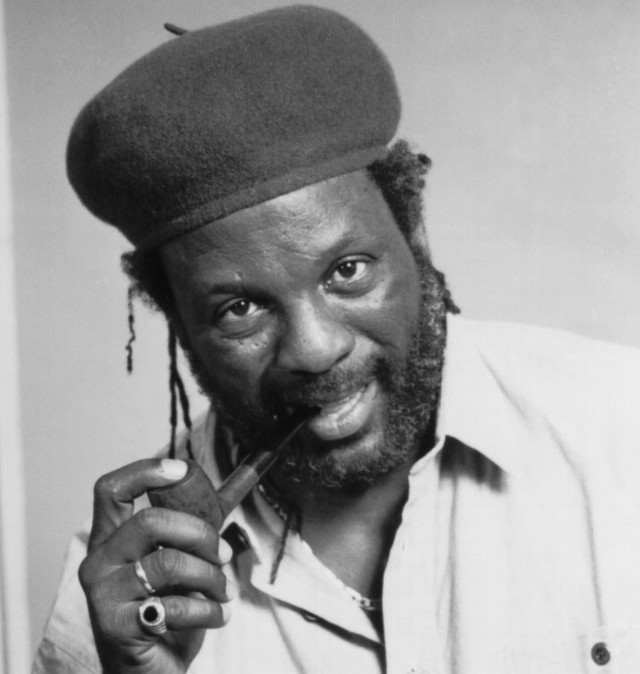
Beyond music, Clarke was an advocate for social causes. In 2012, he released the single “Land We Love,” with proceeds benefiting the Jamaican Children’s Heart Fund and Chain of Hope. His philanthropic efforts were recognized when he received the Caribbean American Heritage Award for Outstanding Contribution to Reggae later that year.
Health Challenges and Final Years
Unfortunately, Clarke faced health challenges in his later years. Diagnosed with cancer, he missed some performances during Third World’s fortieth anniversary tour in 2013. His health continued to decline, and he was hospitalized for leukemia in early 2014, passing away just days before his 66th birthday. His death was a significant loss to the reggae community, prompting tributes from prominent figures, including former Prime Minister P.J. Patterson.
The Legacy of Bunny Rugs
Bunny Rugs’ nickname stemmed from his childhood, where his playful nature earned him the name “Bunny,” while “Rugs” was a nod to his habit of sleeping on the floor. His contributions to reggae music were posthumously recognized when the Jamaican government awarded him the Order of Distinction in 2016, solidifying his legacy as a music icon.
Frequently Asked Questions
What was Bunny Rugs’ real name?
Bunny Rugs was born William Alexander Anthony Clarke.
When did Bunny Rugs pass away?
He passed away on February 2, 2014.
What bands was Bunny Rugs a part of?
He was a member of Third World, Inner Circle, and the duo Bunny & Ricky, among others.
What was one of Bunny Rugs’ notable solo albums?
His solo album “To Love Somebody,” released in 1975, is among his notable works.
Why was Bunny Rugs significant in reggae music?
His unique vocal style and contributions to popularizing reggae music globally make him a significant figure in the genre.


